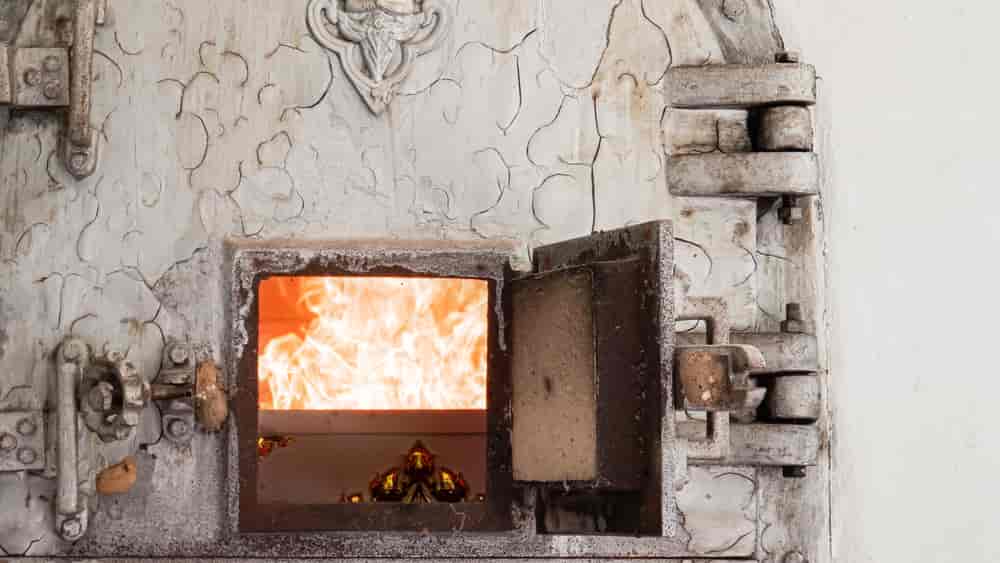Cremation and the Afterlife: Beliefs Around the World
Cremation and the Afterlife: Beliefs Around the World
Blog Article

Cremation is a practice that has been embraced by various cultures around the world, often carrying deep meanings and beliefs about the afterlife. While some view it simply as a practical means of handling remains, others see it as a profound rite that impacts the soul's journey after death. From the ancient customs of Hinduism, where cremation is integral to the belief in karma and reincarnation, to modern trends that prioritize simplicity and environmental considerations, cremation reflects a diverse tapestry of human thought and spirituality.
In Central Texas, A Plus Cremation serves as a compassionate provider for those seeking direct cremation services. With a focus on serving all of Travis and Williamson Counties, they understand the unique needs and beliefs of the communities they cater to. Whether families are influenced by traditional beliefs or contemporary practices, A Plus Cremation is dedicated to honoring those wishes with dignity and respect, ensuring that each farewell is meaningful in its own right.
Global Perspectives on Cremation
Cremation practices vary widely across cultures, reflecting differing beliefs about death and the afterlife. In Hinduism, cremation is commonly preferred as it is believed to release the soul from the physical body, allowing for rebirth. The practice often occurs along the banks of sacred rivers, with the Ganges River being a significant site for many Hindus. The act symbolizes purification and liberation, underscoring the spiritual significance of cremation in this tradition.
In contrast, many Western cultures have traditionally favored burial, viewing it as a more respectful way to honor the deceased. However, cremation has gained popularity in recent decades, often seen as a more environmentally friendly option or a way to reduce funeral costs. In countries like the United States and copyright, cremation rates have steadily increased, with families sometimes choosing to keep the ashes in decorative urns or scatter them in meaningful locations.
Meanwhile, in Buddhist traditions, cremation is generally the preferred method of disposition, often coupled with rituals that reflect the impermanence of life. The ashes may be interred, scattered, or kept in urns, coinciding with the belief in the cycle of life, death, and rebirth. Each culture's approach to cremation reveals deep-seated beliefs about mortality, the spiritual journey after death, and the importance of honoring one's ancestors.
Cremation Practices in Central Texas
Cremation has become an increasingly popular choice for end-of-life arrangements in Central Texas, reflecting a broader trend seen across the United States. Many families are turning to cremation for its simplicity and affordability compared to traditional burial practices. In this region, local providers like A Plus Cremation offer direct cremation services, simplifying the process for families who wish to avoid the additional costs associated with elaborate ceremonies.
The cultural landscape of Central Texas is diverse, incorporating various beliefs and traditions surrounding death and the afterlife. For some communities, cremation is viewed as a means of returning one's physical body to the earth, aligning with beliefs in regeneration and rebirth. Others may see cremation as a respectful way to honor the deceased, allowing families to maintain a tangible connection through the preservation of ashes in urns or memorial sites.
Local regulations and practices also play a crucial role in shaping how cremation is conducted in Central Texas. Funeral homes and cremation providers are required to meet specific standards to ensure that the process is safe and respectful. A Plus Cremation, serving all of Texas with a focus on Travis and Williamson Counties, emphasizes transparency and compassion in their services, guiding families through each step of the cremation process while respecting their individual beliefs and preferences.
Cremation Services in Austin
The Afterlife and Cultural Beliefs
Different cultures have unique beliefs about the afterlife, which significantly influence their practices surrounding death and cremation. In many Eastern religions, such as Hinduism and Buddhism, cremation is viewed as a vital step in the spiritual journey. For Hindus, the act of cremating the body is believed to release the soul from its physical form, allowing it to reincarnate. In contrast, some Buddhist traditions view cremation as a way to let go of attachments to the physical world, promoting the cycle of rebirth and enlightenment.
In Western cultures, beliefs about the afterlife can vary widely. Many Christians traditionally bury their dead, viewing the resurrection of the body as a crucial tenet of faith. However, there is a growing acceptance of cremation, with some Christians believing that it does not conflict with their beliefs about the afterlife. Instead, they see it as a practical choice that can still honor the deceased and their spirit, allowing families to celebrate the life lived while respecting individual wishes.
Indigenous and ancient cultures often have their own rituals and beliefs regarding cremation and the afterlife. For instance, in some Native American traditions, cremation rituals are tied to the idea of returning to the earth and being reborn in spirit. Such practices reflect a deep connection to nature and the belief that life continues beyond physical existence. As societies evolve, these beliefs shape how communities approach death and commemorate their loved ones, with cremation serving as a meaningful practice intertwined with their afterlife beliefs.
Report this page